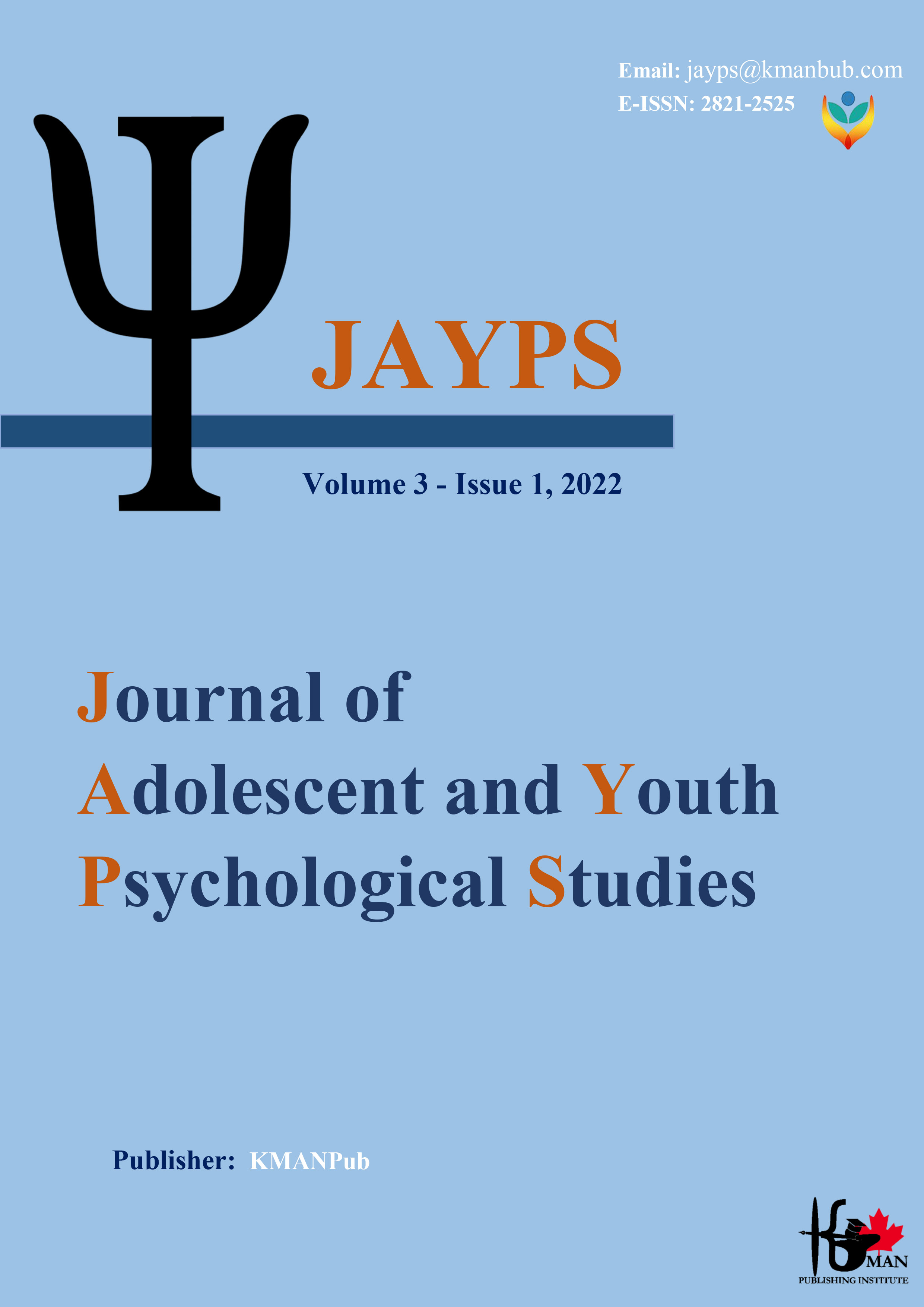Relationship of locus of Control and Compassion with Mindfulness in Students
Keywords:
Locus of control, compassion, mindfulness, studentsAbstract
Background and Aim: Mindfulness refers to continuous and non-evaluative awareness of psychological processes and plays an important role in psychological health. Therefore, the present research was conducted with the aim of determining the relationship of locus of control and compassion with mindfulness in students. Methods: This was descriptive from type of correlation. The research population was the students of Sistan and Baluchistan University in the 2021-22 academic years. The sample size was considered to be 180 people, which this number were selected by randomly multi-stage cluster sampling method. The research tools were the locus of control scale (Rotter, 1966), compassion scale (Neff, 2016) and mindfulness questionnaires (Brown and Ryan, 2003). For data analysis were used from Pearson correlation coefficients and multiple regression with enter model methods in SPSS software version 22. Results: The results showed that the locus of control and compassion had a positive and significant relationship with mindfulness in students, and these two variables could predict 31% of changes of mindfulness in students, which in this prediction the contribution of compassion was higher than the locus of control (P<0.01). Conclusion: The results indicated a more important contribution of compassion in compared to locus of control in predicting mindfulness in students. Therefore, in order to increase mindfulness, first should improve their compassion through educational workshops
Downloads
Downloads
Published
Issue
Section
License

This work is licensed under a Creative Commons Attribution-NonCommercial 4.0 International License.









